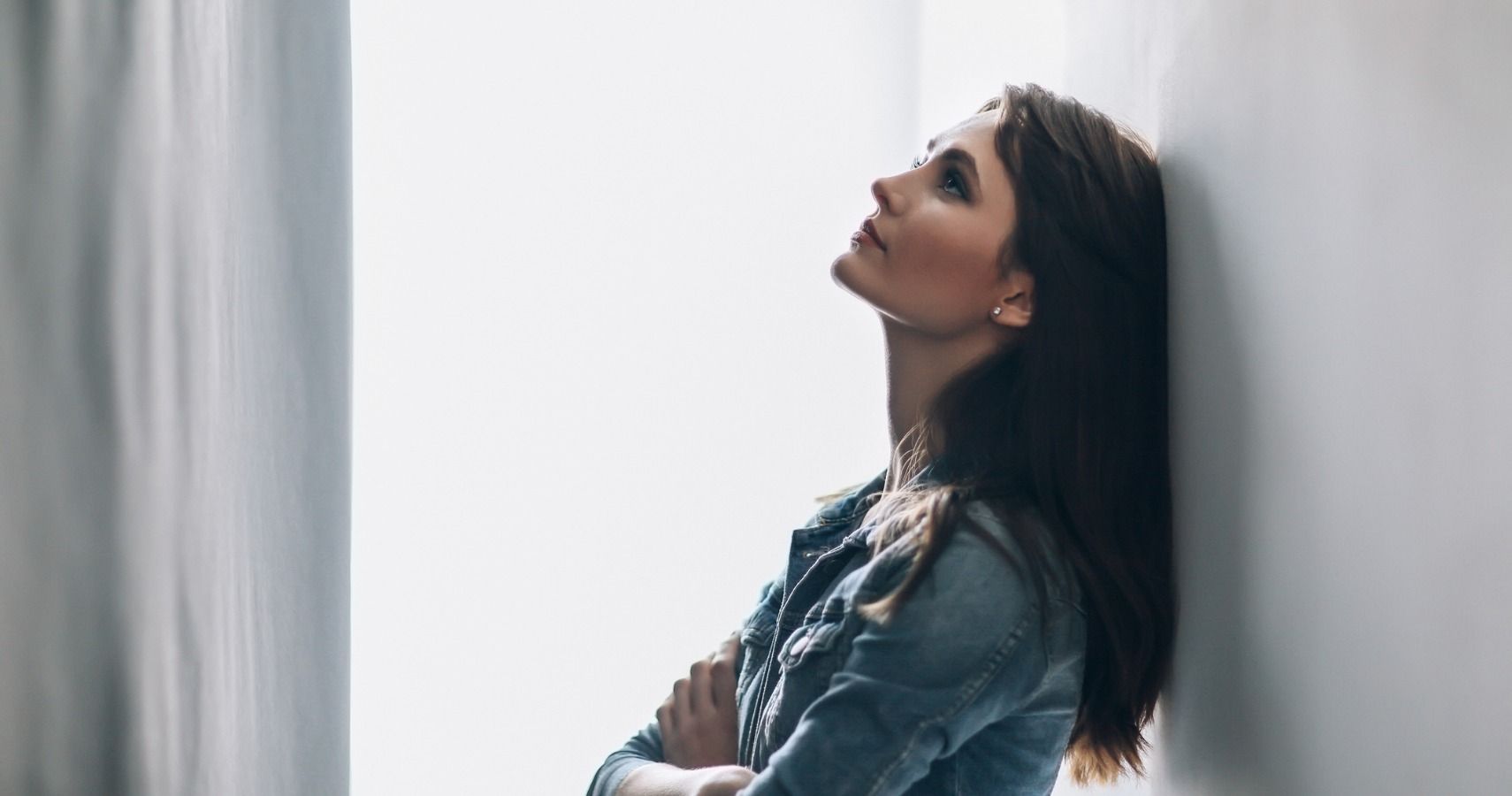Now that the holidays are over, there's nothing left to focus on as the winter drags on. And boy, can it drag on. The sun goes down to early, it's too cold to get outside most of the time, and it can just feel like a very heavy season. For a lot of people, it goes deeper than just the winter blues. For some, winter is when their Seasonal Affective Disorder (SAD) sets in. SAD is a form of clinical depression believed to be brought on by a reduction in daylight hours. Less sun means less vitamin D, which can wreak havoc on your mental (and physical!) health.
There are ways to combat SAD - getting outside during the few daylight hours you can, using a light box for light therapy at home, and changing up your routine a bit can help! SAD doesn't affect everyone the same, or even at all. But, as it turns out, some people may be more susceptible to suffering from seasonal affective disorder. New research suggests that people with darker eyes may be more likely to have seasonal affective disorder.
New research published in the Open Access Journal of Behavioral Science & Psychology suggests that your eye color may determine your susceptibility to seasonal affective disorder. The study followed 175 students in South Wales and Cyprus who answered a questionnaire designed to screen for symptoms of SAD. Researchers found that participants with lighter eyes (think blue or green) scored lower on the screening questionnaire. In other words, they exhibited fewer symptoms of SAD. The reason? Lighter eyes are more sensitive to light, and tend to release less melatonin during the fall and winter.
When our bodies release melatonin, we feel sleepy and lethargic. People with darker eyes (brown or black) release more melatonin because of the amount of light their eyes can process. Therefore, people with darker eyes can be more susceptible to seasonal affective disorder. This isn't to say that people with lighter eyes won't develop SAD, or that people with darker eyes will. But it may help explain why some people suffer from it while others seem immune. In any case, getting outside when you can, and using light box therapy, can help combat those dreary winter blues, regardless of your eye color.
READ NEXT: New Research Says Shortening Days And Postpartum Depression May Be Linked

